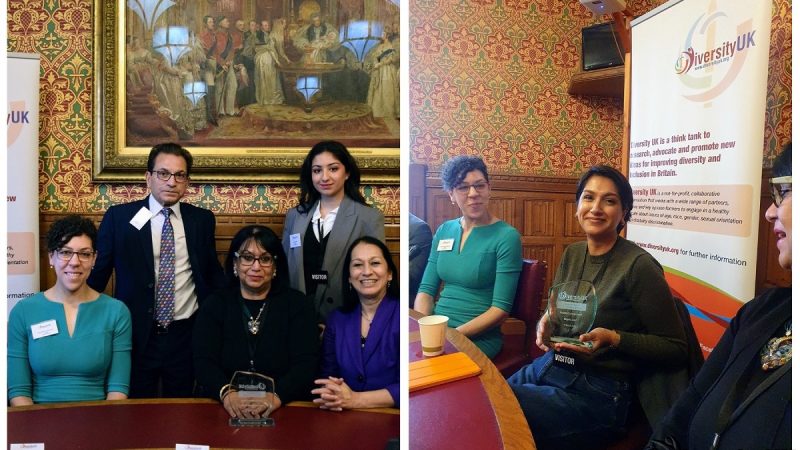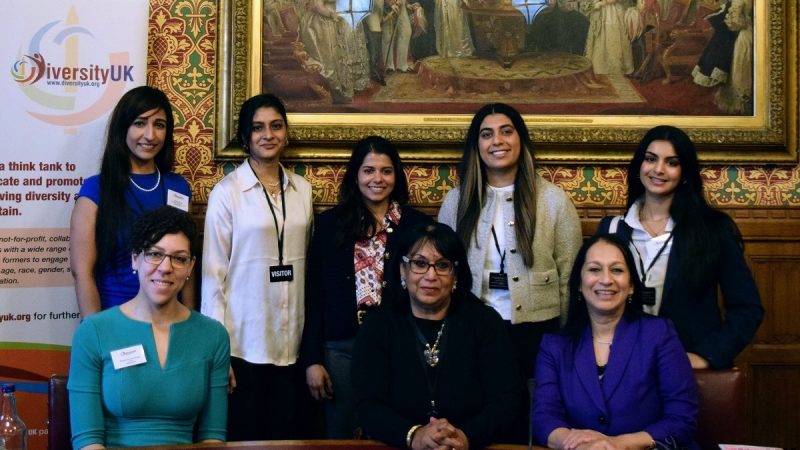Gender pay gap determines choice of employer

Nearly two-thirds (61%) of women would take an organisation's gender pay gap into consideration when applying for jobs, a new survey from the Equality and Human Rights Commission reveals. The poll, for which 2,515 employees in organisations with over 250 members of staff were surveyed, was commissioned to understand the impact of the gender pay gap on staff motivation and behaviour. It also shows that 58% of women would be less likely to recommend their present employer as a place to work if they had a gender pay gap, and half of women say that a gender pay gap would reduce their motivation in their role and their commitment to their employer.
The findings suggest that businesses with larger pay gaps than their competitors are at risk of losing out on the best talent and suffering reputational damage if they do not take action to reduce it, placing them at a competitive disadvantage.
The Equality and Human Rights Commission’s Chair David Isaac, speaking at the ACAS Future of Work conference, said:
"The message to all employers from your existing and prospective female staff is very clear from these results. They want action, and if they don’t see change there is a very real risk that they won’t join you or, most importantly, stay with you. It will also affect their commitment to you."
"It’s crucial that all employers think seriously about this issue and demonstrate to their workforce that they are committed to closing the gender pay gap. A working environment which allows everyone to achieve their full potential is vital. If you don’t deliver on this you will fail to access a huge talent pool and will put your business at real competitive disadvantage."
Sam Smethers, Fawcett Society Chief Executive, said:
"Most organisations will have a gender pay gap. What matters is whether their female staff, and those they want to attract to work for them, can see that an employer has an action plan in place to close it and is committed to driving change.
'Ultimately, in a competitive jobs market women will vote with their feet. Employers need to take this seriously. Gender pay gap reporting is not going away and women expect to see progress."
Carolyn Fairbairn, CBI Director-General, said:
"This data shows just how important real action on closing the gender pay gap is. Of course women must have equal opportunity in the workplace and expect potential employers to deliver.
"Gender pay gap reporting has shone a light on this important issue. Transparency is a potent tool for progress: what gets measured, gets changed. The litmus test of success is now what firms do to improve their scores and create more diverse and inclusive workplaces.
"But the gender pay gap will not be closed by company action alone. Businesses want to work in partnership with the Government to provide better careers advice in our schools, improve technical education and offer affordable childcare for working parents."
Women, people aged 16 to 34 and those from BAME backgrounds were significantly more likely to agree that their behaviour and motivation at work would be affected by a gender pay gap than men, older employees and white employees.
For example, 56% of women said that their organisation having a gender pay gap would reduce their motivation in their role, whereas only 25% of men agreed with the same statement. 39% of men said that they would feel less proud to work for an employer with a gender pay gap, compared to 60% of women.
Lack of action by employers to close pay gaps
The research also points to a worrying lack of substantive action taken by employers to close their pay gaps.
It found that whilst 91% of employees had heard of the gender pay gap, almost half had not read or heard any information about their organisation’s own gap and a quarter of employees think their employer should be doing more to tackle it.
Around three quarters of respondents (80% of women and 69% of men) would be willing to take part in actions and activities to help their employers tackle the gender pay gap.
However, a quarter of respondents didn’t feel at all able to influence their employer’s response to tackling the gender pay gap, raising further concerns about a lack of action leading to staff disengagement.
Employers should produce action plans with specific targets and deadlines alongside their pay gap figures, which clearly set out what their data has told them and what action they will be taking to close their pay gaps.
The Government Equalities Office has also published a ‘What Works’ guidance for companies to help them improve the recruitment and progression of women and close their gender pay gap.




